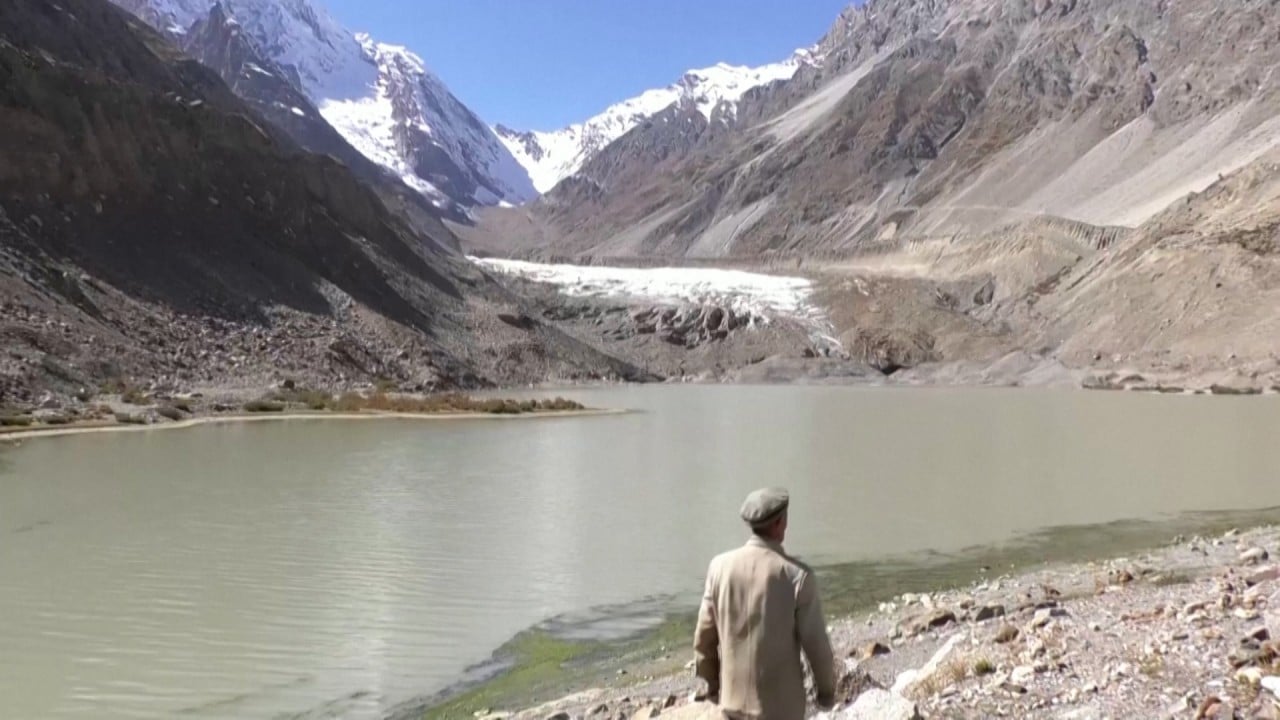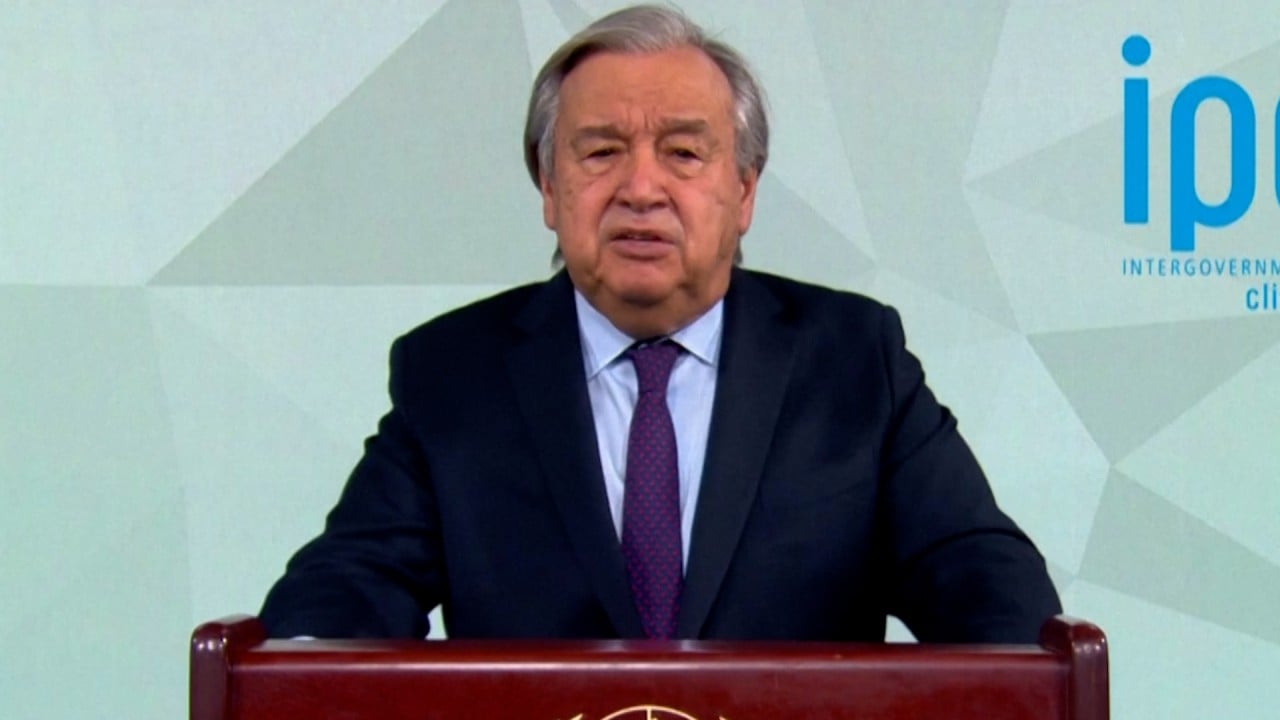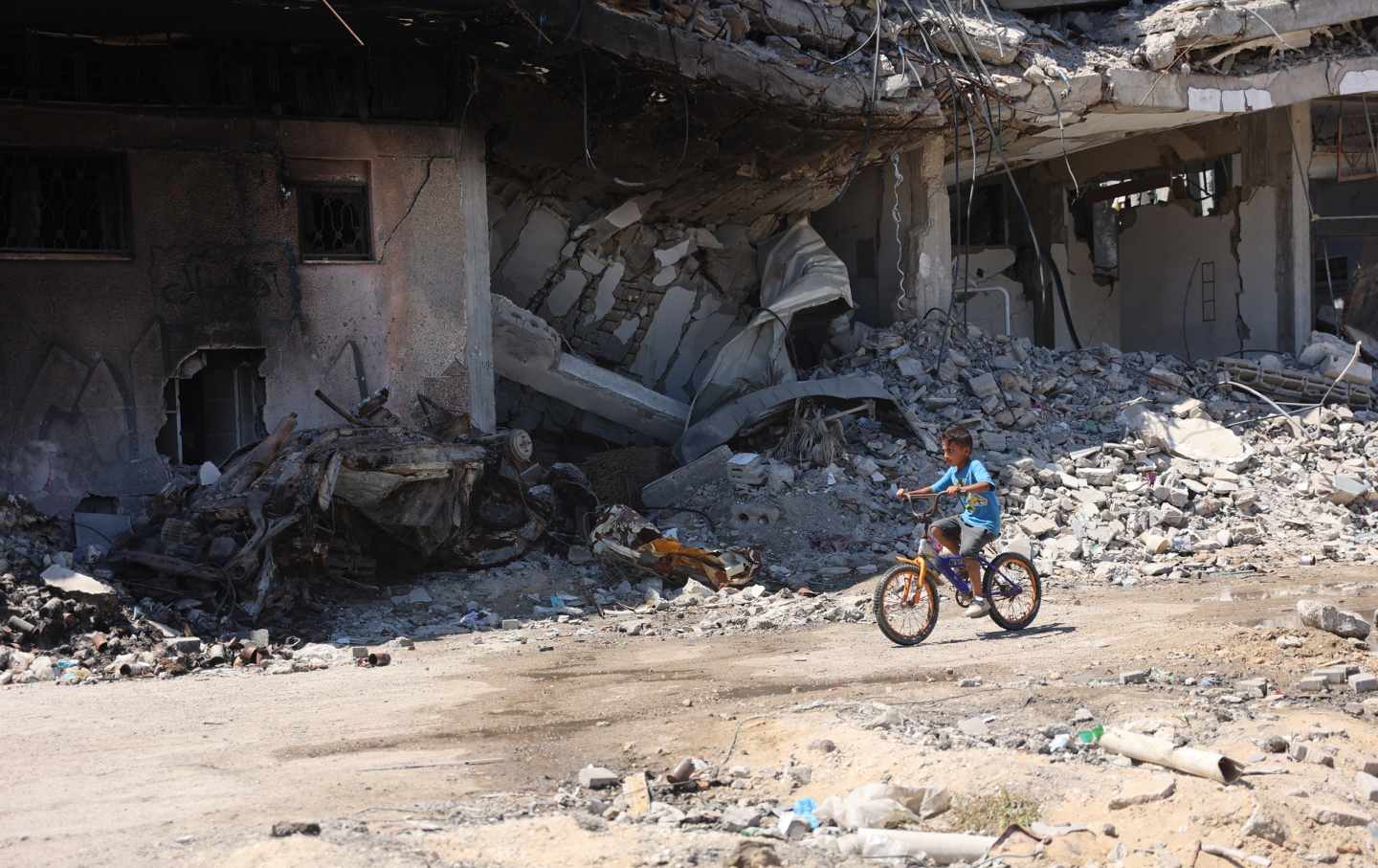Opinion | Urgent action to save the Hindu Kush Himalayas, the world’s ‘water tower’

Another recent ICIMOD study confirms that the region is undergoing unprecedented and likely irreversible changes. Glaciers are melting at an alarming rate, and current projections have scientists predicting that two-thirds of the glaciers could be gone by the end of the century. The 79 glaciers surrounding Mount Everest, for example, have thinned by over 100 m in just six decades, and since 2009 the rate of glacier retreat has almost doubled.
Regional cooperation is essential to address this crisis. Natural disasters caused by climate change are increasing in frequency and intensity, disproportionately affecting populations suffering from poverty and deprivation. National borders cannot protect the countries of the Hindu Kush-Himalaya from them, regardless of where the events originate.
In addition, natural disasters such as floods or prolonged warm weather often lead to the spread of water- or airborne diseases.
The countries of South Asia had previously attempted to adopt a common position on climate change at the UN Climate Change Conference Cop16 in 2010. The countries of the South Asian Association for Regional Cooperation (SAARC) had adopted a climate change action plan that listed several measures to address the challenge. Despite this initial promise, many agreed measures have still not been implemented.
Nevertheless, initiatives such as adaptation research centres and regional technology innovation networks demonstrate a willingness to tackle common challenges. Reviving this community spirit is more important than ever.
Net zero is therefore a balance sheet concept that obscures the uncertainties and even improbabilities of climate action. The largest natural carbon sinks are our forests and our oceans, both of which are being destroyed by rampant deforestation and waste disposal.
Political borders, territorial disputes and mutual distrust hinder regional cooperation. National security concerns often prevent the sharing of vital data on water-related disasters and glacial floods. But sharing such data can save lives and improve regional cooperation.
Politicians and citizens must recognise that the consequences of the ecological crisis will far overshadow many of the polarising issues that currently demand our attention, while regional cooperation can bring significant environmental and economic benefits.
The region’s environmental challenges urgently require regional cooperation. Through collaboration, knowledge sharing and strengthening institutions such as ICIMOD, countries can combat climate change, protect common natural assets and ensure a sustainable future for all. A unified approach to these cross-border issues is not only beneficial, but essential for the region’s survival and prosperity.
Shyam Saran served as India’s External Affairs Minister from 2004 to 2006 and as the Prime Minister’s Special Envoy and Chief Negotiator on Climate Change from 2007 to 2010. He served as Chairman of the National Security Advisory Board of the National Security Council from 2013 to 2015.





